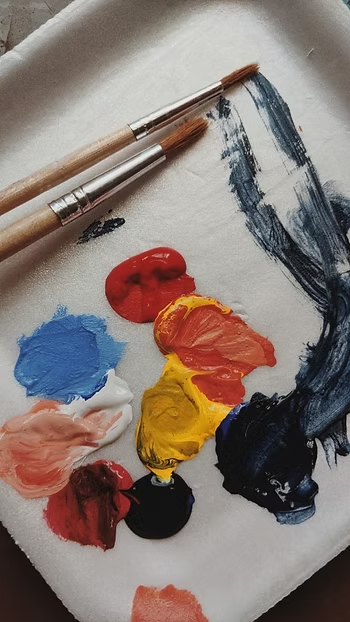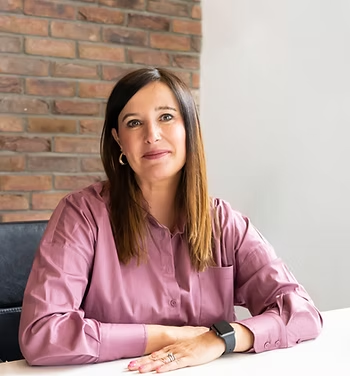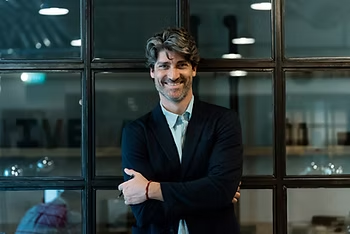Career Success via an Uncommon Mix of Common Skills
We’ve all heard it: to really succeed, you must be the absolute best in your field. To stand out, you need to pour everything into becoming world-class at a single skill. If you’re anything less than top 1%, you’re destined for an unremarkable, second-best career.
That’s a lot of pressure, right?
But what if this winner-takes-all model is outdated?
What if the real secret to success in today’s world isn’t being the best at one thing — but being very good at an interesting and original combination of things?
Scott Adams (creator of Dilbert) calls this your “talent stack.” And from what I’ve seen again and again in coaching sessions, he’s on to something powerful. I’ve watched clients—especially, but not only, entrepreneurs—unlock huge opportunities the moment they stopped seeing themselves as just a single skillset, and started embracing their own uncommon mix of common skills.
Let’s have some fun with this.
Say you’re good at magic tricks and dream of becoming a pro magician. Trouble is, there aren’t enough well-paying gigs to make a living.
Now ask yourself: are you realistically going to be in the top 1% of magicians in town? No. So stop chasing that. Instead, list out your other interests, even if they seem random: Crosswords? Music? Painting? Fitness?
Now, this is where the magic happens.
Could you weave your love of word puzzles (crosswords) or music or art into your magic act? Could your gym time power a uniquely energetic, physical show?
The goal isn’t to be the best magician—it’s to offer something so fresh and different that it creates a buzz…and that buzz leads to better bookings.
Sounds playful, but I’ve seen this principle spark real career reinventions and breakthrough business ideas.
The best rock bands don’t have the most technically perfect musicians. They have good players whose chemistry together creates something electric.
So let me ask you:
What would happen if you stopped seeing yourself as a solo instrumentalist competing with other soloists?
What if you started seeing yourself as…a band?







